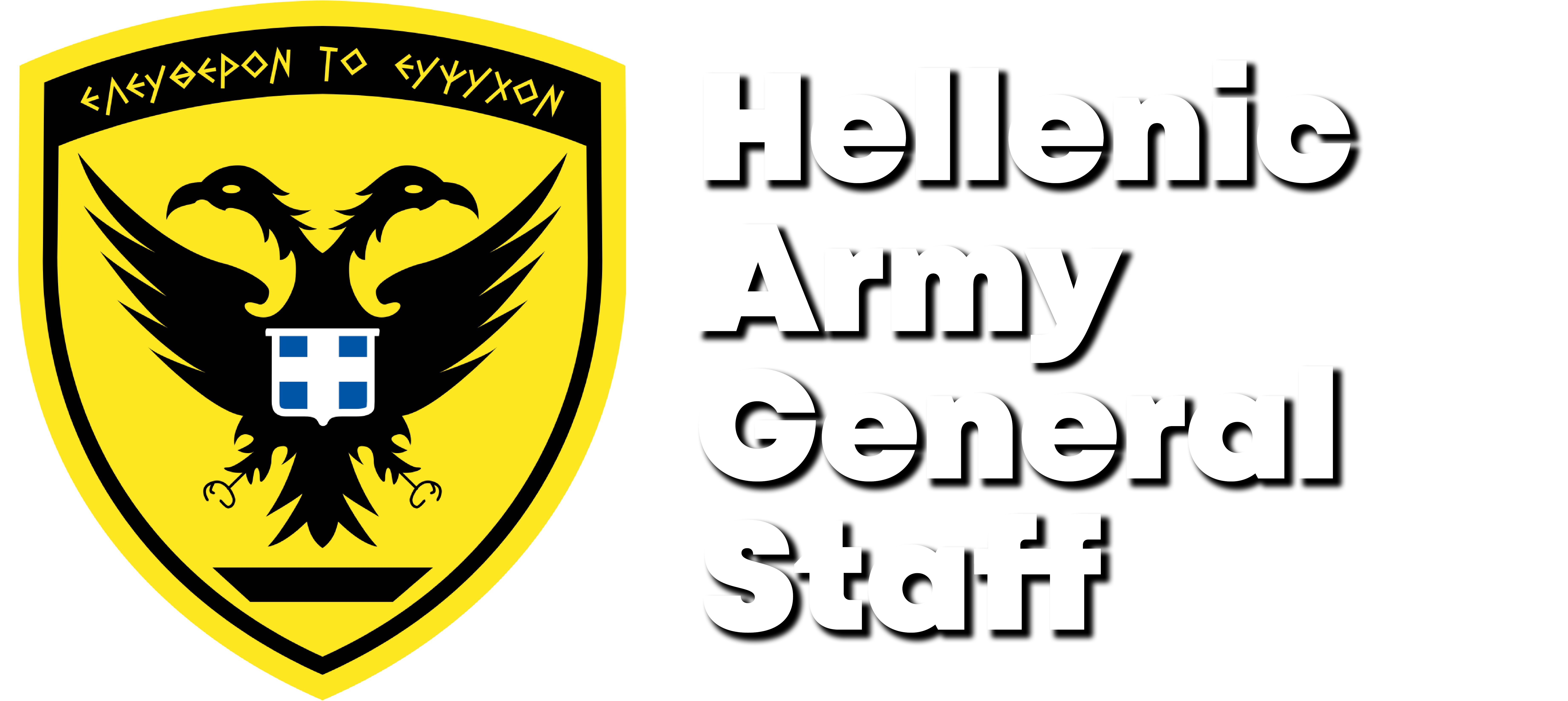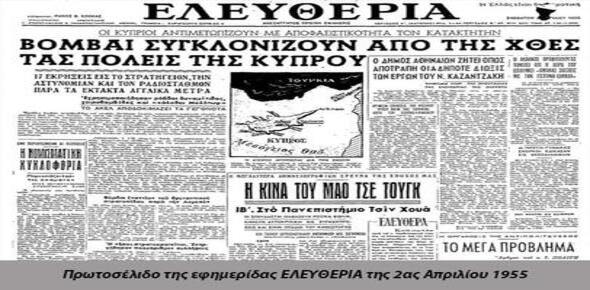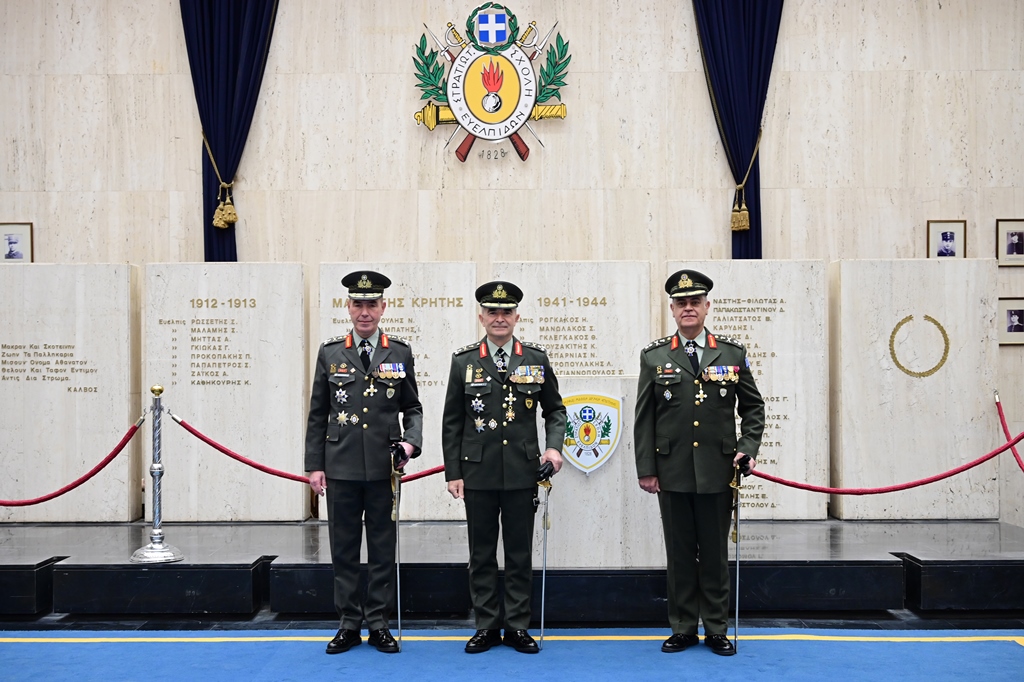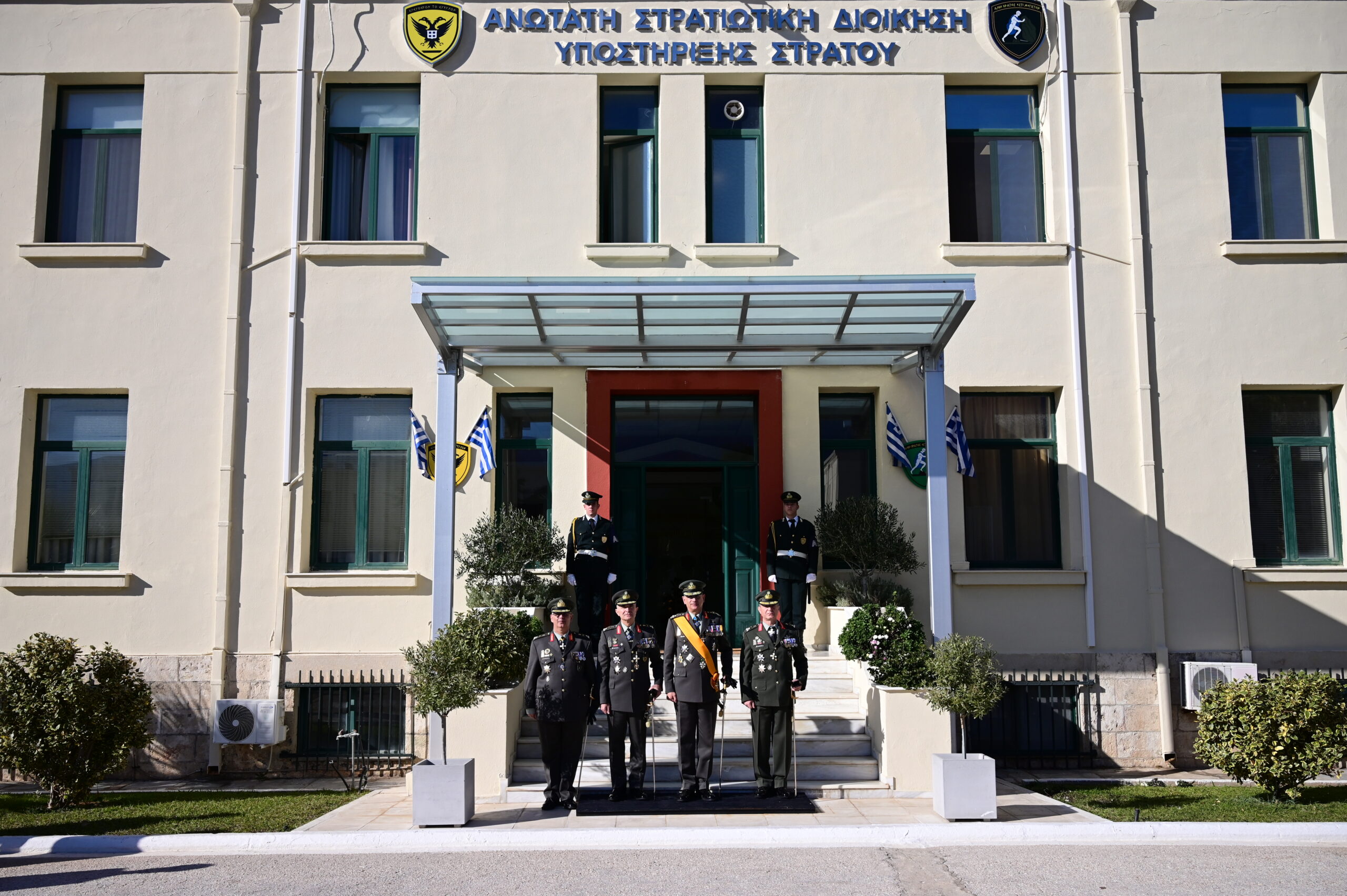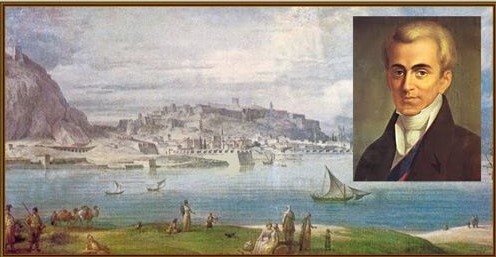During the British occupation, Greek Cypriots never ceased to express their hopes for unification with Greece through memoranda, telegrams, petitions to the British Commissioner, sending commissions to London, and large protests. The request for the end of British rule re-emerged in 1950 with a referendum organised by the Church of Cyprus on 15 January, which resulted in a 95.7% vote in favour of the Union with Greece.
On 1 April 1955, the secret “National Organisation of Cypriot Fighters” (EOKA) launched an armed national liberation campaign against British colonial rule, with attacks against government buildings, police stations, the government radio station, and a British camp in Famagusta.
A handful of determined young people, with Archbishop Makarios III as their political leader and Georgios Grivas – Digenis as their military leader, with few weapons and inspired by the fighters of the Greek War of Independence, fought for the Union and the freedom of Cyprus.
The British responded with arrests, beatings, atrocities, torture, and hangings. But no punishment could deter a people determined to gain its freedom.
The spirit of sacrifice for the ideals and a free country was expressed through Mihail Karaolis, Andreas Dimitriou, Iakovos Patatsos, Andreas Zakos, Harilaos Mihail, Mihail Koutsoftas, Stelios Mavromatis, Andreas Panagidis, and Evagoras Pallikaridis, the nine martyrs of the gallows who, buried in the imprisoned graves, constitute the symbol of the struggle. There also rests the Eagle of Machairas, Grigoris Afxentiou, and the scholar of the struggle, Kyriakos Matsis, lighting the path of national duty. Markos Drakos and Stylianos Lenas also rest there. There were many heroes, such as the martyrs of the Battle of Liopetri, Andreas Karyos, Fotis Pittas, Ilias Papakyriakou, Christos Samaras, and many more brave men of Cyprus who became models of self-sacrifice and heroism and rightfully entered the pantheon of our nation’s heroes.
The entire Nation was shaken by the barbarity of the gallows and torture. During the struggle, dozens of large demonstrations and protests took place at the British Embassy and British Consular Authorities in many cities of Greece and abroad.
The 1955-1959 National Liberation Struggle was, first and foremost, a struggle of ideas and ideals with a great moral content. The greatest quality of the people who fought it was moral strength and faith in the justice of History.
#ΕλληνικόςΣτρατός, #HellenicArmy
